 "AKAI PROFESSIONAL ANNOUNCES MINIAK SYNTHESIZER
"AKAI PROFESSIONAL ANNOUNCES MINIAK SYNTHESIZERVirtual-Analog Synthesizer with Vocoder Developed in Partnership with Alesis
Cumberland, R.I. (April 1, 2009) – Akai Professional, the name synonymous with music production, announces the MINIAK, the synthesizer specifically designed for today’s music production and performance styles. The MINIAK will make its debut in Akai Professional's stand, B 21 in Hall 5.0 at Musikmesse, April 1 - 4, 2009. Held in Frankfurt am Main, Germany, Musikmesse is the world's largest fair for musical instruments, live music and the music business.
The MINIAK is the first synthesizer from Akai Professional developed in partnership with the world-renowned Alesis synthesis team. The MINIAK brings together Akai Professional’s excellent control feel with powerful DSP sound-generation technology. The MINIAK is a perfect synthesizer for producers in the studio and live performers on stage because, while it is extremely compact and portable, it is also a powerful instrument for creating sounds for performance and production.
The MINIAK enables users to create programs with up to eight multi-timbral voices, each with three oscillators. The user can create interesting and unique sounds and take advantage of the synthesizer’s more-than-600 preset sounds. Users can create complex and refined sounds using the MINIAK’s two multimode filters, three envelope generators, two LFOs, stereo effects and 40-band vocoder with gooseneck microphone. The MINIAK also has a comprehensive sequencer with step and dynamic real time phrase sequencing, a drum machine/rhythm sequencer and an arpeggiator.
Users will appreciate the MINIAK’s high-resolution, 24-bit balanced quarter-inch inputs and outputs for excellent sound quality. The MINIAK has a 37-key semi-weighted keyboard with velocity sensitivity for all-in-one performance. It can also be used as a sound source for MPCs, computer software and keyboards via MIDI.
“We have been watching a trend in music production towards using more synth sounds alongside samples,” said Adam Cohen, Director of Business Development, Akai Professional. “The MINIAK is the perfect way for anyone to get into synthesis, yet it is powerful enough for any professional to create the precise sonority they are after.”
The MINIAK will be available from musical instrument and professional audio retailers Q3, 2009."
 "AKAI PRO FURTHER EXPANDS MPK LINE WITH 88-KEY MODEL
"AKAI PRO FURTHER EXPANDS MPK LINE WITH 88-KEY MODELMPK88 Performance Controller Features Exclusive MPC Technologies
Cumberland, R.I. (April 1, 2009) – Akai Professional, the name synonymous with music production, announces the MPK88, a new addition to its popular MPK series of keyboard controllers with MPC pads and technology. The MPK88 will make its debut in Akai Professional’s stand, B 21 in Hall 5.0 at Musikmesse, April 1 - 4, 2009. Held in Frankfurt am Main, Germany, Musikmesse is the world's largest fair for musical instruments, live music and the music business.
The new MPK88 draws on the design of its siblings in the MPK series. The MPK49 and MPK25 each combine a MIDI-over-USB keyboard controller with genuine MPC pads and a sampling of the technologies that have made Akai Professional’s MPC series such an iconic music-production tool. The MPK88 brings the utility and creative control of its siblings to more dedicated piano and keyboard players, thanks to its fully-weighted, hammer-action keyboard with assignable keyboard split and aftertouch. Akai Professional designed this performance keyboard controller to specifically deliver the feel that serious keyboardists demand in a high-quality instrument.
In addition to the premium keybed, the MPK88 gives the player 16 MPC pads that are velocity and pressure sensitive and can access four banks of sounds each, for access to 64 sounds at any time. The MPC pads are the most recognizable feature of the MPC series, which has been among the most influential devices in the creation and production of music for the last two decades. The MPK88 also puts the player in command of their software with assignable Q-Link faders, knobs and buttons. The user can assign any Q-Link to control nearly any parameter in their software for hands-on, mouse-free performance. The MPK88 also has two assignable footswitch inputs and an expression pedal input.
Two technologies pioneered in the MPC series and built into the MPK88 are MPC Note Repeat and MPC Swing. These note-modifying features can be heard in many of the most popular tracks over the last two decades. MPC Note Repeat is a capability that enables the MPK to automatically play a rhythm pattern, such as 16th notes on a hi-hat, for accuracy and speed of entry. MPC Swing is sometimes referred to as "the heart and soul of hip hop," because it turns perfectly aligned sequences into human feeling time alignments. Users can specify exactly the degree and timing of swing they want to apply for the perfect feel. The MPK88 also has an arpeggiator, which enables performers to build creative riffs instantly.
The MPK88 sends MIDI values over USB and a traditional MIDI jack. The controller works with most MIDI recording, sequencing and performance software as well as sound modules, synthesizers and other MIDI-compliant hardware, for musical performers from keyboard players to producers to DJs and VJs.
The MPK25 and MPK88 come with Ableton Live Lite Akai Edition software, one of the most popular and powerful performance and production programs in the world. Ableton Live Lite enables musicians to spontaneously compose, record, remix, improvise and edit musical ideas in a seamless audio/MIDI environment.
“Professional keyboard performers now have the control they need on stage and in the studio,” said Adam Cohen, Director of Business Development, Akai Professional. “The MPK88 has weighted keyboard action plus the performance flexibility and control of the MPC pads and technology.”
The MPK88 joins the semi-weighted MPK49 and MPK25 controllers, which have 49 and 25 keys, respectively.
The MPK88 will be available from pro audio and musical instrument retailers in Q3, 2009."
 "AKAI PRO MPD18 BRINGS MPC PAD CONTROL TO ANY SETUP
"AKAI PRO MPD18 BRINGS MPC PAD CONTROL TO ANY SETUPMIDI-Over-USB Pad Controller is Small and Portable for Versatility
Cumberland, R.I. (April 1, 2009) – Akai Professional, the name synonymous with music production, announces the MPD18 portable pad controller. The MPD18 will make its debut in Akai Professional's stand, B 21 in Hall 5.0 at Musikmesse, April 1 - 4, 2009. Held in Frankfurt am Main, Germany, Musikmesse is the world's largest fair for musical instruments, live music and the music business.
The MPD18 is the smallest-sized model in Akai Professional’s line of MPD pad controllers. DJs, programmers, producers and other musicians will find this MIDI-over-USB controller to be perfect for triggering samples, controlling software, and a variety of other applications. Its small footprint makes the MPD18 easy to integrate into any setup for stage performance, studio production or musical creation on the go.
The heart of the MPD18 is its bank of 16 velocity and pressure-sensitive genuine MPC pads, an Akai Professional exclusive. Users can access three different banks of sounds from the pads for a total of 48 sounds at once. The MPD18 also borrows the MPC series' assignable Q-Link controllers, enabling users to control nearly any parameters in their software in real time on an assignable Q-Link fader and an assignable Q-Link button.
Users will find the MPD18 to be convenient, sending MIDI information over its plug-and-play USB interface for use with Mac or PC without installing any drivers. The USB connection also powers the MPD18 so musicians can use the controller with no power supply. The MPD18 can control nearly any MIDI software, as well as MIDI hardware, such as synths, sound modules, samplers, sequencers, drum machines and more.
“The MPD18 gives you the iconic control feel of the MPC in a compact footprint that's easy to fit in any setup,” said Adam Cohen, Director of Business Development, Akai Professional.
The MPD18 will be available from musical instrument and professional audio retailers Q3, 2009."
I missed the press release on these, so credit goes to Failed Muso for this one.





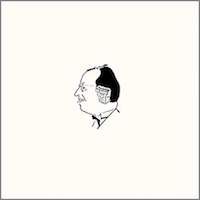
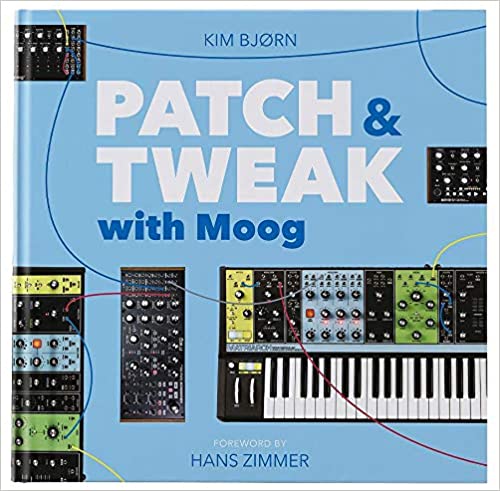






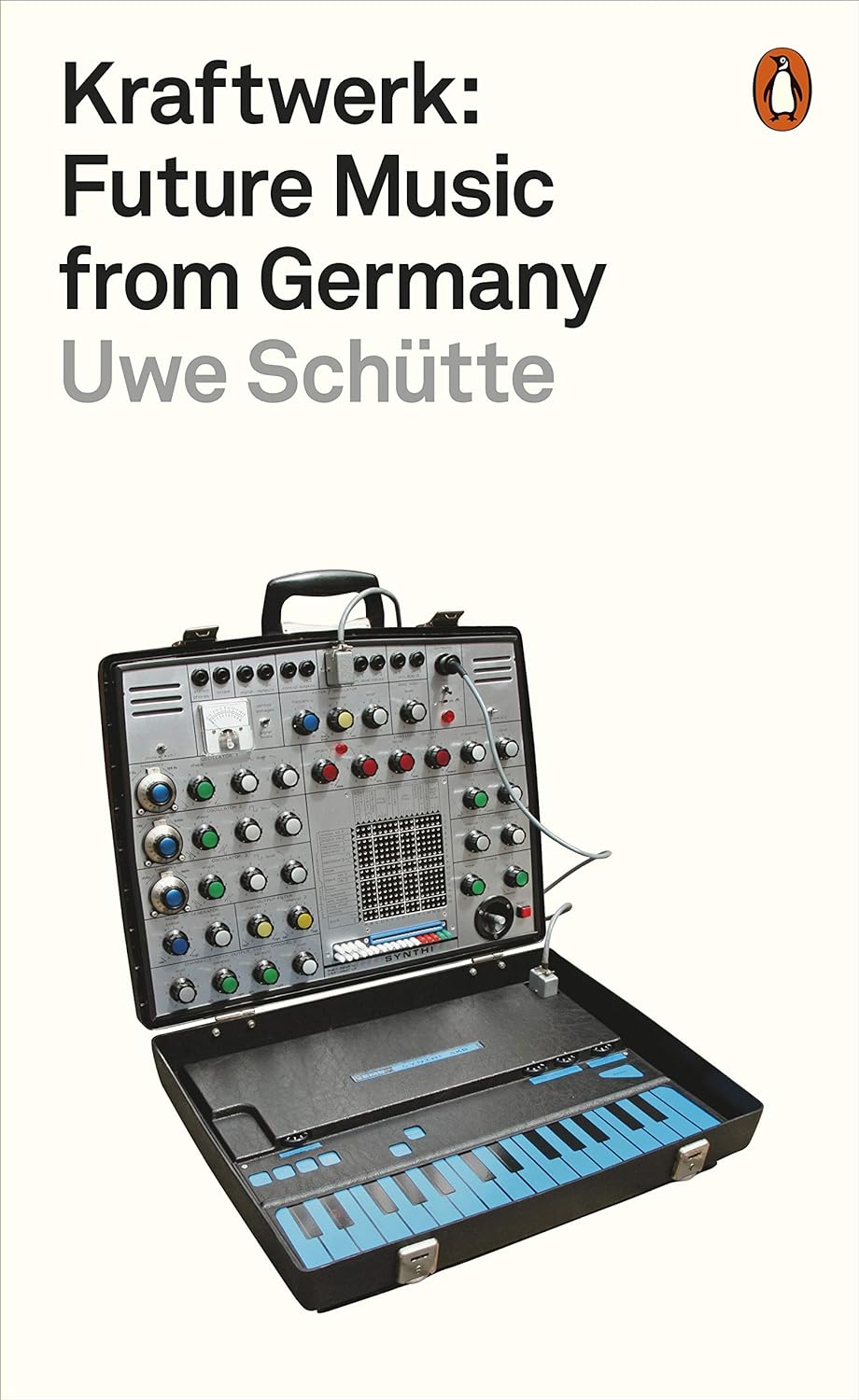





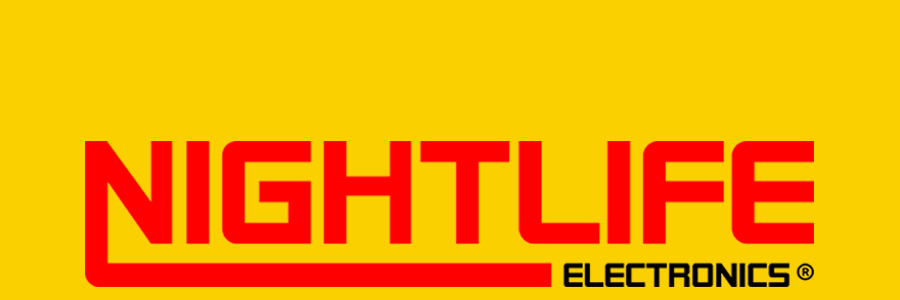


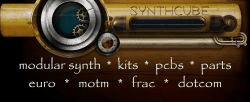
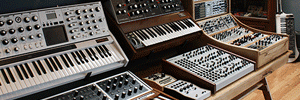










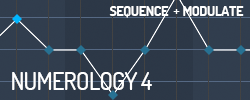





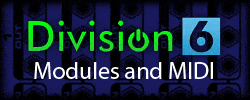

Am I wrong or is this not really the first Akai synth. What about the AX series from back in the day?
ReplyDeleteseems to be the Micron successor. hmmm.
"The MINIAK is the first synthesizer from Akai Professional developed in partnership with the world-renowned Alesis synthesis team."
ReplyDeletesounds a lot like the Ion specs for the synth. Does this mean we might see an updated OS?
ReplyDeleteThis comment has been removed by the author.
ReplyDeleteI agree with Brad on the synth engine. I also wonder how much of the sequencing is new and how much is from the Micron's phrase sequencer.
ReplyDeleteHope it's not an April fools joke.
A followup...
ReplyDeleteNote the two modulation wheels and the x-y-z knobs. The micron had two mod sliders (the ion got proper wheels) and the micron also had the xyz assignable knobs.
As a micron fan, this is great as the micron control surfaces were rubbish.
So they gave Micron a facelift. First alesis sr-16 and akai xr-20 now this.
ReplyDeleteI like it. Alesis is good at synthesis and not so good at industrial design, and akai is good with the industrial design and physical interface. Looks nice. No doubt it's the same architecture as micron. Looks nice
ReplyDeleteI'm paranoid everything is an april fools!
ReplyDeleteThe Akai MicroKorg!
ReplyDeleteThe MPD18 please tell me is April Fools prank as it is just a reboxed MPD 16.
Definitely close to a Micron if not the same engine... As Jared wrote, they got the same knobs, the Miniak has the wheels to go with the Micron's sliders... And i see they have the same number of switches on the front panel. They are placed differently tho.
ReplyDeleteI always thought the Ion looked much better than the Micron. Its interface seemed so lovely...
Perhaps it will come back under the Akai name...
It's cool. The Micron looks like crap, sounds great, looks bad. I'll sell my Micron and upgrade to a Miniak for sure just for the real pitch bender and mod wheels.
ReplyDeleteIf it's a Micron then it's not really a Microkorg. The micron is much better. It just doesn't look as good.
Micron = 3 osc Virtual analog
MK XL = 2 osc PCM
Micron = 2 filters 16 types
MK XL = 2 filters 5 types
Micron = 3 envelopes
MK XL = 1 envelope ( not sure on this spec)
Micron = over 600 program memories
MK XL = 128
Micron = 37 full sized keys
MK XL = 37 mini keys
Micron = 40 band vocoder
MK XL = 16 band vocoder
Micron = 2 LFO's
MK XL = 1
Micron = 8 parts
MK XL = 2 parts
Reading the filtertypes on the product page, seems like there's 100% confirmation this is a slightly refined Micron - the the refining may only be a reskinning. Still, very cool.
ReplyDeleteWould like to see a followup to the Ion as well that addressed its small problems (AMP click/smear/squeak noise, etc.)
The addition of USB would have sold me on it.
ReplyDeleteIt's just an Alesis Micron with a microphone.Compare the specs and you'll see. But it will probably cost more because it has the Akai logo, sad!
ReplyDeleteAnd it's NOT "the very first synth to carry the Akai name" as many sites are saying!!! I can think of at least three other Akai Synths, the AX-60 AX-73 and AX-80.